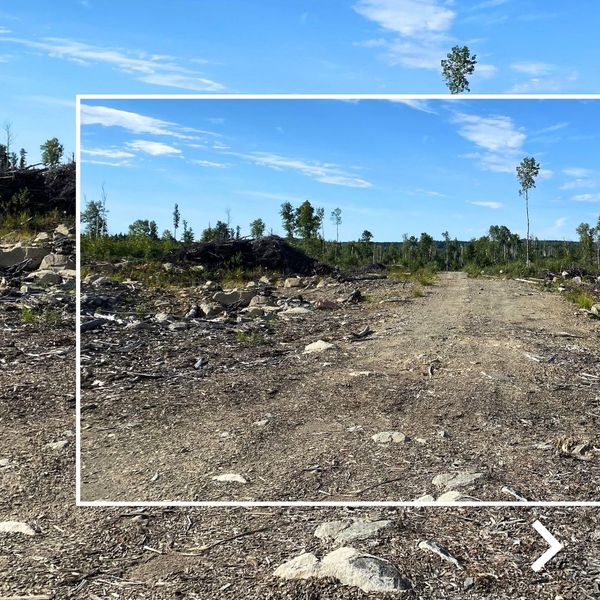|
New study suggests federal government underreports greenhouse gases from forestry sector. (CBC News · Posted: Jan 16, 2024 (Full story here.)
Canada's forestry sector is responsible for far more greenhouse gas emissions than show up in official tallies, potentially leading to policies that aren't in line with the country's climate goals, a new study suggests. The peer-reviewed study, published in the academic journal Frontiers in Forests and Global Change, found that annual greenhouse gas emissions attributable to forestry between 2005 and 2021 were, on average, nearly 91 million tonnes of carbon dioxide equivalent — which would put the sector on par with emissions from the agricultural sector. (This was a joint study by scientists David Bysouth, Julee Boan, Jay R. Malcolm and Anthony R. Taylor.) By contrast, Canada's official inventory report shows the forestry sector acting as a carbon sink, which means it absorbs more carbon from the air than it sends into the atmosphere. The report has the sector absorbing an average of five million tonnes of carbon dioxide equivalent annually over the same period. Halifax Examiner Today: "Canadian Governments Fail to Count Environmental Costs of Industrial Logging" ----New report from eight leading North American and Canadian environmental organizations. A new report, The State of the Forest in Canada: Seeing Through The Spin, from eight leading North American environmental groups shows that the federal government is failing to tally the environmental and climate damage caused by industrial logging in Canada. ....the report “shows that Natural Resources Canada (NRCan)’s annual report downplays or ignores the significant impacts of industrial logging on biodiversity, the climate, forest integrity, and ecosystem services, and its potential infringements of Indigenous rights.” The report accuses Natural Resources Canada of failing “to provide Canadians with a transparent and credible synopsis” of basic information about the state of the nation’s forests, and of using “highly selective statistics and distorting or excluding essential information.”
0 Comments
Leave a Reply. |
AuthorJoin the Conversation and be part of Process Archives
May 2024
Categories |
©2020 Friends of Wabakimi All Rights Reserved



